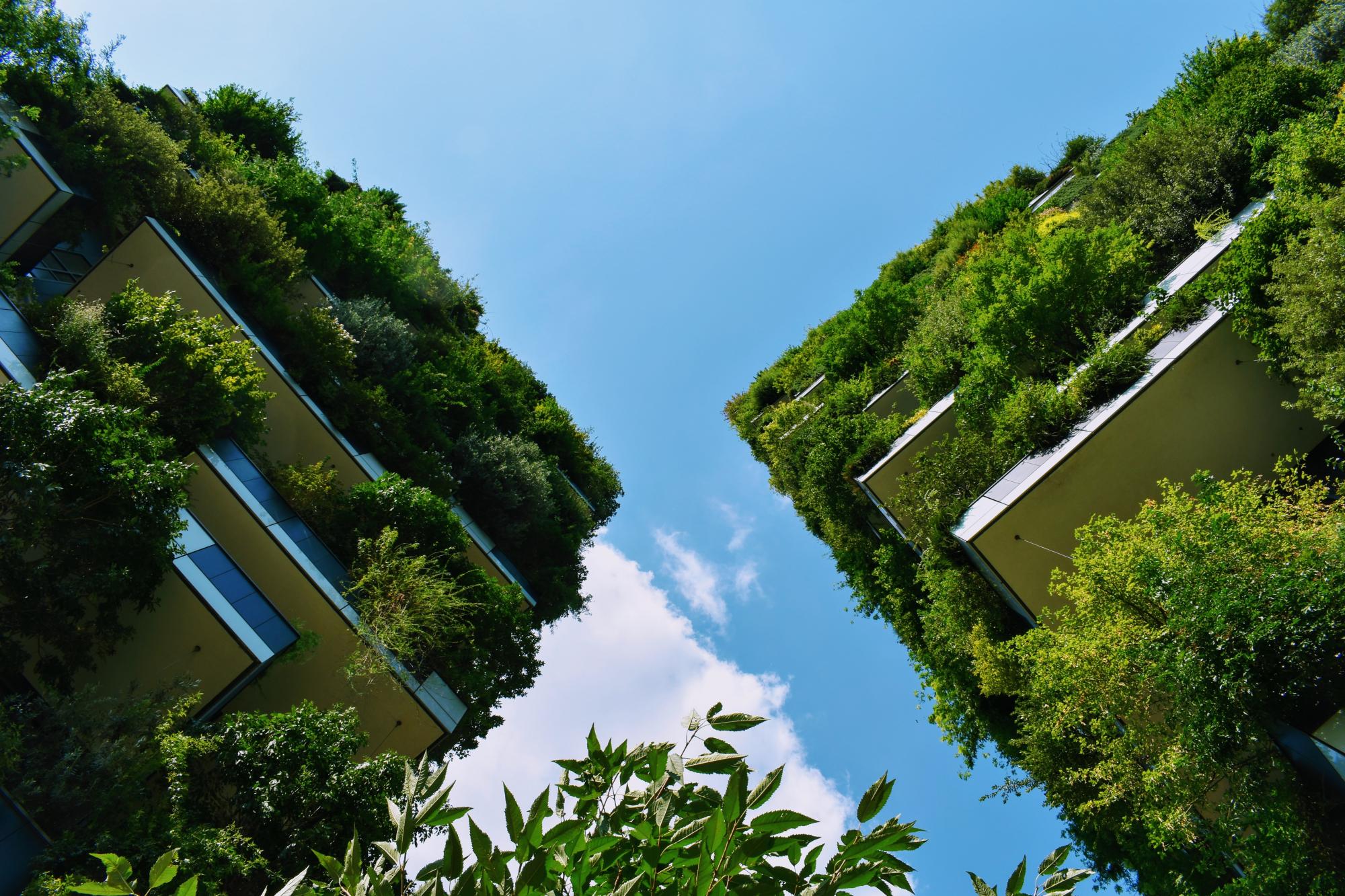Intercultural Garden Nuremberg Langwasser e.V. is a community garden project aimed at sustainable urban development and tolerance between different social and cultural groups. People of different origins work together on their own plots (about 25 m² each), without a fences between neighbouring plots and consciously in interaction through horticulture and other activities. All the grounds are used as vegetable and flower gardens. Environmentally friendly production is desired and promoted (1). Other opportunities offered in the garden are intercultural activities and self-designed educational work. (10) The association actively promotes integration through social activities, which, as stated by the association “can include things like providing German lessons, organizing small festivals and even settling of a dispute happened once”. (7)
Overview
Nature-based solution
- Parks and urban forests
- Pocket parks/neighbourhood green spaces
- Community gardens and allotments
- Allotments
- Community gardens
Key challenges
- Green space, habitats and biodiversity (SDG 15)
- Green space creation and/or management
- Inclusive and effective governance (SDG 16)
- Inclusive governance
- Effective management
- Social justice, cohesion and equity (SDG 10)
- Environmental education
- Social justice and equity
- Social cohesion
- Social interaction
- Cultural heritage and cultural diversity
- Promotion of cultural diversity
- Sustainable consumption and production (SDG 12)
- Sustainable production
Focus
Project objectives
Implementation activities
Main beneficiaries
- Citizens or community groups
- Marginalized groups: Refugees, asylum seekers, and migrants
- Food producers and cultivators (i.e. farmers, gardeners)
Governance
Management set-up
- Co-governance with government and non-government actors
Type of initiating organisation
- Local government/municipality
Participatory approaches/ community involvement
- Dissemination of information and education
- Co-management/Joint management
- Citizen monitoring and review
Details on the roles of the organisations involved in the project
Project implemented in response to ...
Financing
Total cost
Source(s) of funding
- Corporate investment
- Private Foundation/Trust
- Crowdfunding
Type of funding
- Direct funding (grants, subsidies, or self-financed projects by private entities)
- Donations
- Membership or entrance fees
Non-financial contribution
- Provision of land
- Provision of labour
- Public authorities (e.g. land, utility services)
- Citizens (e.g. volunteering)
Impacts and Monitoring
Environmental impacts
- Green space and habitat
- Increased green space area
- Restoration of derelict areas
Economic impacts
- Unknown
Socio-cultural impacts
- Social justice and cohesion
- Improved social cohesion
- Fair distribution of social, environmental and economic benefits of the NBS project
- Improved access to urban green space
- Increased visibility and opportunity for marginalised groups or indigenous peoples
- Increased opportunities for social interaction
- Increased involvement of locals in the management of green spaces
- Increased access to healthy/affordable food
- Increased sustainability of agriculture practices
- Cultural heritage and sense of place
- Promotion of cultural diversity
- Education
- Increased support for education and scientific research
- Other
Type of reported impacts
Presence of formal monitoring system
Presence of indicators used in reporting
Presence of monitoring/ evaluation reports
Availability of a web-based monitoring tool
References
2. Wikipedia. (2020). Internationaler Garten. [online]. Available at: Source link [Accessed: 25 Sept. 2020]
3. Source link. (nd.) Interkurtureller Garten. Available at: Source link [Accessed: 25 Sept. 2020]
4. Source link. (2014). Urban Gardening Manifest. Available at: Source link [Accessed: 25 Sept. 2020]
5. Stadtportal Nürnberg. (nd.) Projektgruppe: Interkultureller Garten Nürnberg - Langwasser. Available at: Source link [Accessed: 25 Sept. 2020]
6. Stadtportal Nürnberg. (nd.) Nachhaltigkeit: Bio-Metropole und Fair-Trade-Stadt. Available at: Source link [Accessed: 25 Sept. 2020]
7. Source link. (nd.) Interkultureller Garten. [online]. Available at: Source link [Accessed: 25 Sept. 2020]
8. QM Source link (nd.) 15 000 ? FÜR INTERKULTURELLER GARTEN NÜRNBERG-LANGWASSER E. V. [Weblink unavailable in 2020].
9. Source link (nd.) Interkultureller Garten Nürnberg-Langwasser. [online]. Available at: Source link [Accessed: 25 Sept. 2020].
10. wbg Nürnberg Immobilien. (nd.) 15.000 Euro für Interkultureller Garten Nürnberg-Langwasser e. V. [online]. Available at: Source link 25 Sept. 2020].


